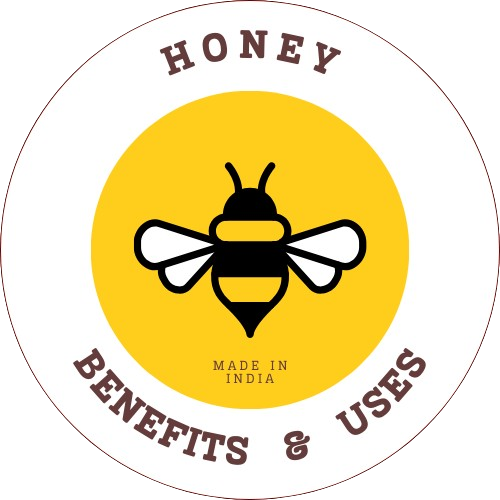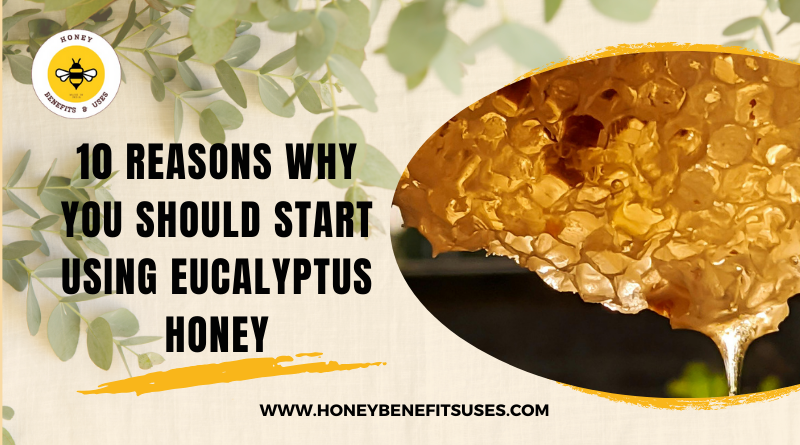
We often use honey in our food dishes as a sweetening agent in place of sugar. But people have for thousands of years used honey as a medicine. One of the ways they used honey was to address kidney issues. Interestingly, modern science shows that honey promotes kidney health in more than one way.
The Health Benefits Of Honey For Kidney Health
Honey has anti-inflammatory, antioxidant, and antibacterial properties. But what does this mean, exactly?
The term anti-inflammatory means that it can fight inflammation. Inflammation is your body’s indication that your immune system has kicked in to fight off an infection of some type. A good example is a bacterial infection that may cause the common cold. In other words, inflammation tells you your body is fighting to heal itself. But sometimes inflammation becomes really bad and causes more harm than good. Taking an anti-inflammatory agent like honey may thus help calm down inflammation and give your body the chance it needs to recover.
The term antioxidant describes an agent that fights free radicals. Free radicals include pollution and chemicals found in drinking water. But your body also makes free radicals during its normal metabolic processes. In this instance, it is usually quite capable of eliminating them. But when free radicals build up, it can cause health issues. Antioxidants fight to get rid of free radicals and the effect they have on the body.
When something has antibacterial properties, it means it fights to rid your body of bacteria that may cause you harm. This is why honey is so great at helping wounds to heal. It targets any bacteria that may want to enter an infected site.
So, what does this have to do with kidney health?
How Honey Promotes Kidney Health
Honey promotes kidney health in various ways:
- It may inhibit the growth of bacteria. The antibacterial properties of honey starve bacteria of the water they need to multiply. In other words, it may prevent it from proliferating. Your liver can become infected by bacteria like E. coli, for example. Bacterial infections in the liver usually result from the movement of bacteria into the urethra where it starts an infection and ultimately spreads to the bladder and kidneys. It is a painful condition. The antibacterial action of honey promotes kidney health by addressing these bacterial infections in the manner explained.
- Free radicals accumulate in the liver and kidneys before elimination. However, exposure to high levels of free radicals can become toxic and damage your kidneys at a cellular level. As a result, your liver function becomes impaired. Antioxidants fight free radicals at a cellular level and keep cells healthy. Honey promotes kidney health because of its strong antioxidant properties.
- Certain bacterial infections as well as consuming too much of certain inflammatory foods like sugar may cause inflammation in the kidneys. You can promote healing by reducing your consumption of inflammatory foods. At the same time, the antioxidant and antibacterial properties of honey may deal with possible free radicals or bacteria that cause inflammation. The anti-inflammatory properties of honey will mean that consuming honey may calm down the inflammation to an even further extent.
How Much Honey Promotes Kidney Health
Consuming approximately three tablespoons of honey may reduce your risk of kidney disease or infections. You can take the honey as is if you like. You can also add it to your food as a sweetener. Taking it with tea is often recommended, especially when using herbal blends. Of course, you could also add your daily dose of honey to a smoothy.
Who Should Not Take Honey
Honey has a high sugar content. People with high blood sugar levels and diabetics should thus only take honey to promote kidney health after talking to their healthcare provider. They are best able to determine whether you can safely use honey as well as the amount to take.
You should also stay away from using honey if you have a bee or honey allergy. The symptoms of a honey allergy include the following:
- Runny nose
- Sneezing
- Eyes that start to water
- Your throat starts to itch
- Swelling may occur
- You break out in hives
If you exhibit any of these symptoms when eating honey, please stop and see your healthcare provider. Please note, however, that an allergy to honey is extremely rare.
In Closing
While many people know that honey may help with a sore throat, a cough, or even to heal wounds, very few people know that honey promotes kidney health. And modern science is increasingly finding more benefits for its use.
We can only conclude that the ancients were much wiser than we ever gave them credit for, as they have used this miracle sweetener for centuries to deal with all types of health issues. Perhaps we should start exploring its benefits for our personal use as well.




